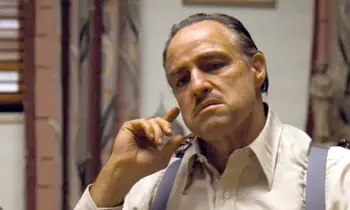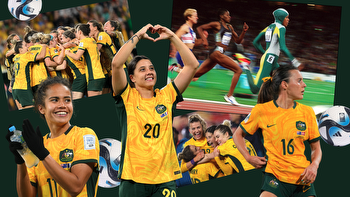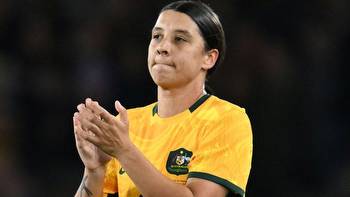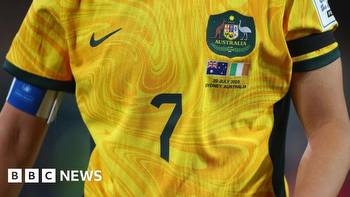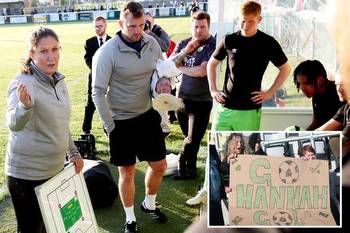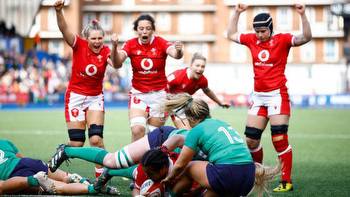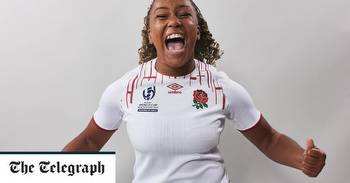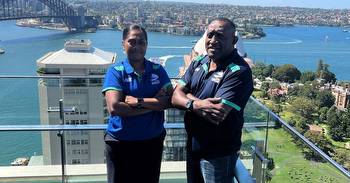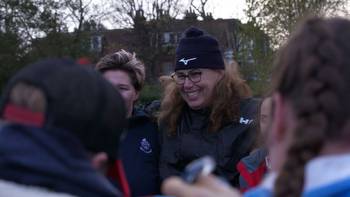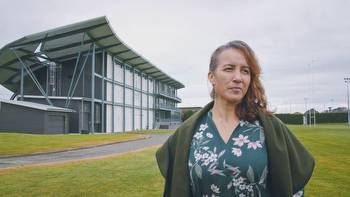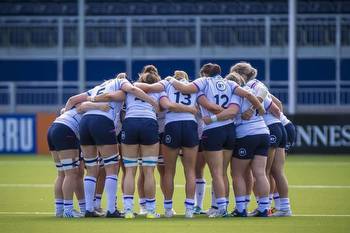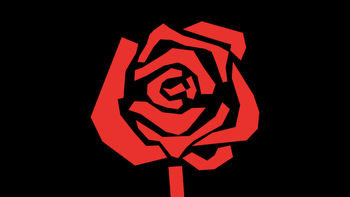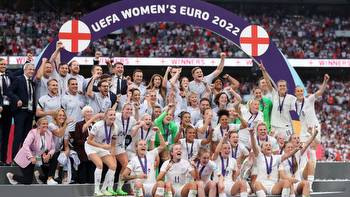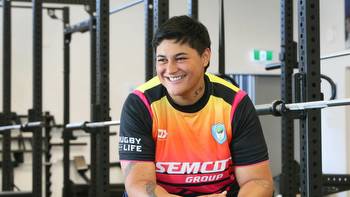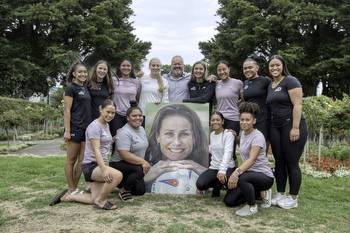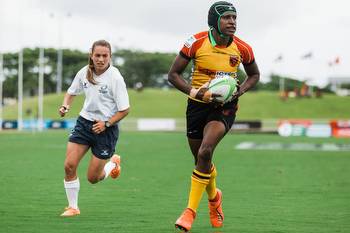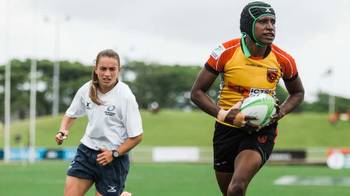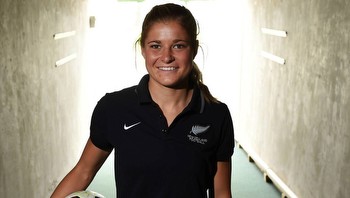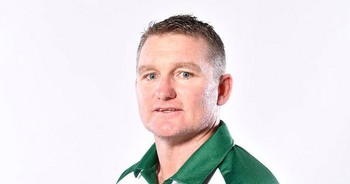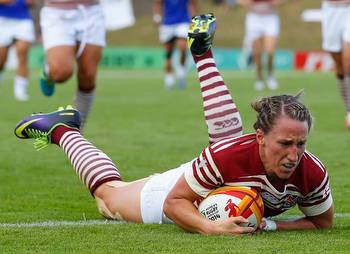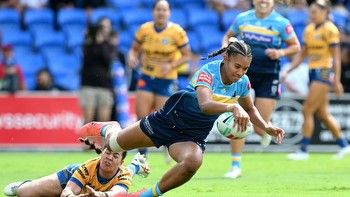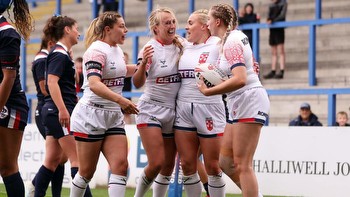Detysha Harper interview: ‘I would like to see rugby going into lower-income areas’
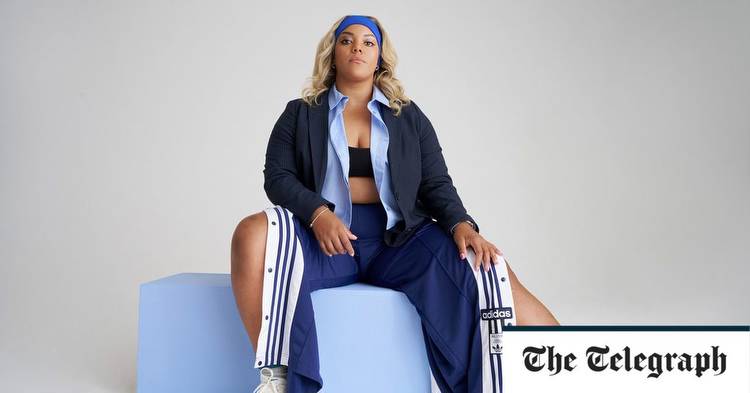
When Sale Sharks prop Detysha Harper runs on to the pitch this weekend against Bristol Bears, she will be acutely conscious of the communities she is representing.
Growing up in a single-parent household in the rugby league heartland of Salford, Harper defied the odds to reach the top in the sport’s other code. Her route into rugby union is a well trodden one by today’s top female players: she was roped into playing at Eccles RFC while her brothers played rugby league at the same venue.
She instantly excelled at the sport because of her raw strength, moving from No 8 to the second row and later to the front row. But as she progressed through the regional and national pathways, Harper found herself spending more time in a car than on a rugby pitch.
“There are more pathways and opportunities for younger girls coming through now – at Sale, for example, we have our centre of excellence – but the massive drop off is because most of the competitions are held in the south,” Harper explains. “That’s the struggle I always had. If nobody can take you, then you miss out on the opportunities that make you seen.
“Most of the time my mum couldn’t give me lifts because she had to work or stay at home with my brothers. So most of the time some of my coaches would take me.”
In those early days, Harper also discovered there were not a lot of people who looked like her.
“I started to realise my own experiences of being one of the only black people on the pitch at the time,” says Harper, whose willingness to speak out about rugby’s need to diversify was inspired by England international and her friend Shaunagh Brown.
“Now when I look around on a rugby field, it is more diverse. It’s not just black women, there are people from different countries, different ethnicities, and that’s what is really beautiful about the game.”
She insists, however, there is a long way to go, particularly from a grass-roots perspective, to unlock more playing potential in rugby and for the sport to shed its elitist tag.
“I’d like to see rugby going into those lower-income areas,” Harper says. “You’d target most of the black and the mixed-race girls, teach them about rugby union, get them involved. If we can educate and reach that target audience we might be on to something. That’s how I escaped the system.”
She points to initiatives such as Black Girls Ruck, a community that aims to highlight black women and non-binary people in rugby. The group played their first match this summer in London with an invitational team that included England back row Sadia Kabeya. “I went along and couldn’t believe it – there were loads of us, women of colour, playing rugby,” Harper says. “It was amazing.”
Harper, a five-time England international who joined Sale in one of the league’s high-profile summer signings, is equally passionate about improving the provision for female players in the north.

